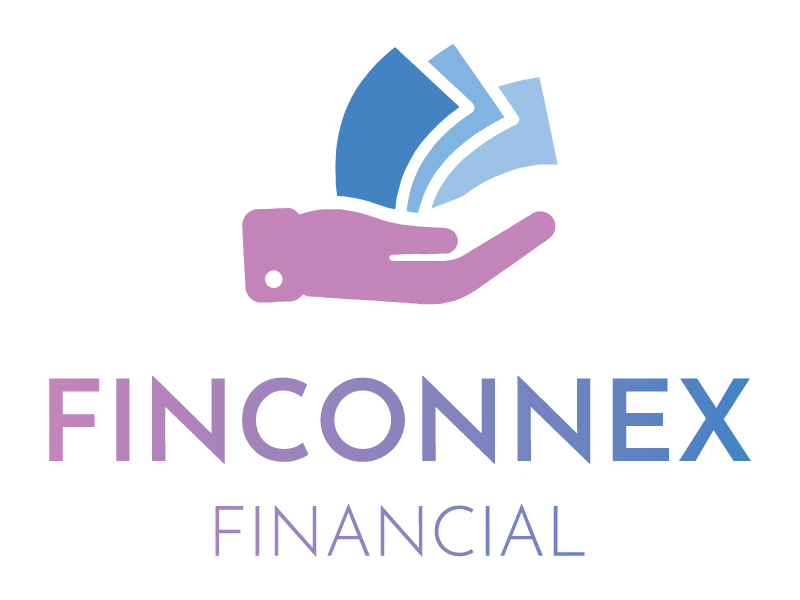Commercial Lenders providing business loan solutions for your growth
Whether you’re looking to purchase inventory, manage cash flow, or fuel business expansion, a business loan can be your go-to solution. Within the realm of business loans, two distinct types stand out:
Secured loans: building on collateral
Secured loans provide a pathway for businesses to secure funding by offering collateral. Collateral, often an asset like property or a vehicle, acts as a guarantee for the loan. In the event of default, the lender has the right to take possession of the collateral and may sell it to recover the loan amount. This arrangement provides commercial lenders with added security, often leading to more favourable terms and higher borrowing amounts.
Unsecured loans: streamlined financing
Unsecured loans, on the other hand, take a different approach. They do not require upfront collateral. Instead, lenders assess factors such as your business’s cash flow, credit history, bank statements, and financials to make their decision. Unsecured loans are particularly suitable for smaller investment property loan rates and quick cash injections, offering flexibility and convenience.
It’s important to note that unsecured loans may have limitations in terms of loan amounts and terms. Commercial lenders might be cautious about offering substantial loans without collateral. As a result, unsecured loans are often best suited for smaller businesses seeking swift financial solutions.
Navigating your path
Whether you choose the security of a secured loan or the flexibility of an unsecured loan, the key is to align your choice with your business’s growth strategy. At Finconnex, we understand that every business journey is unique. Our expertise in business financing, coupled with our commitment to offering the best loan advice in Australia, can guide you through the complexities of secured and unsecured loans, helping you make the right decision.
